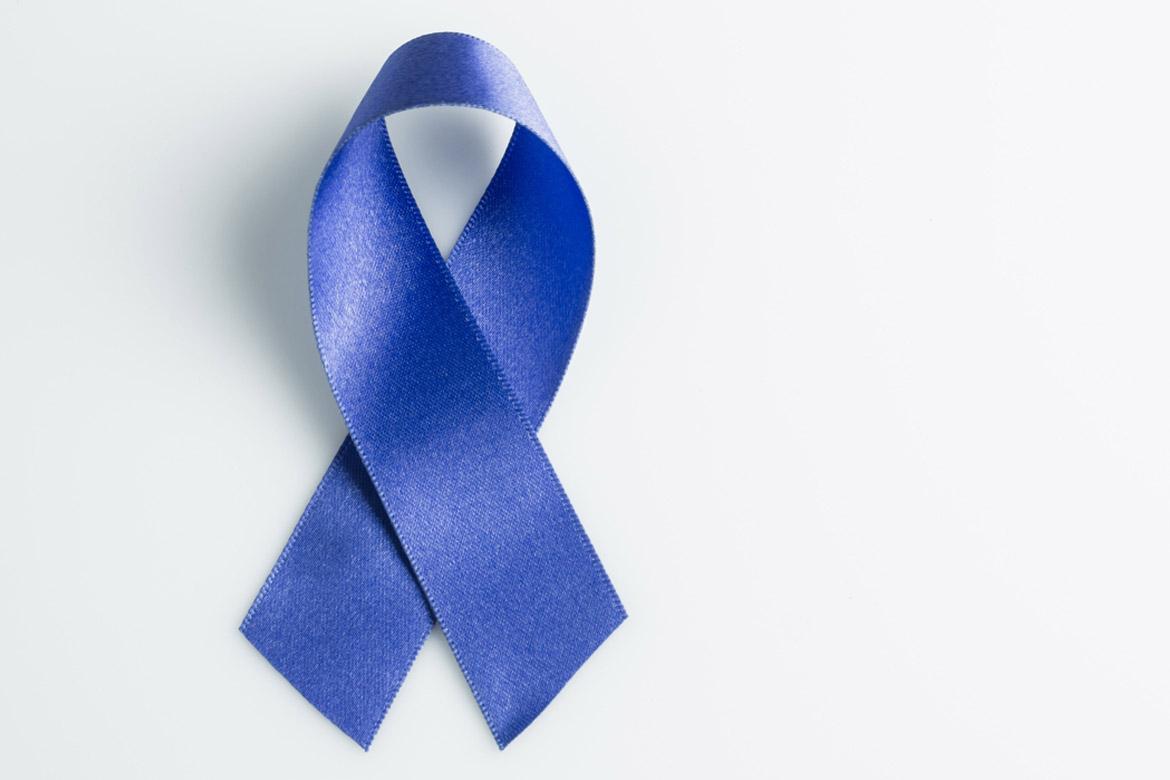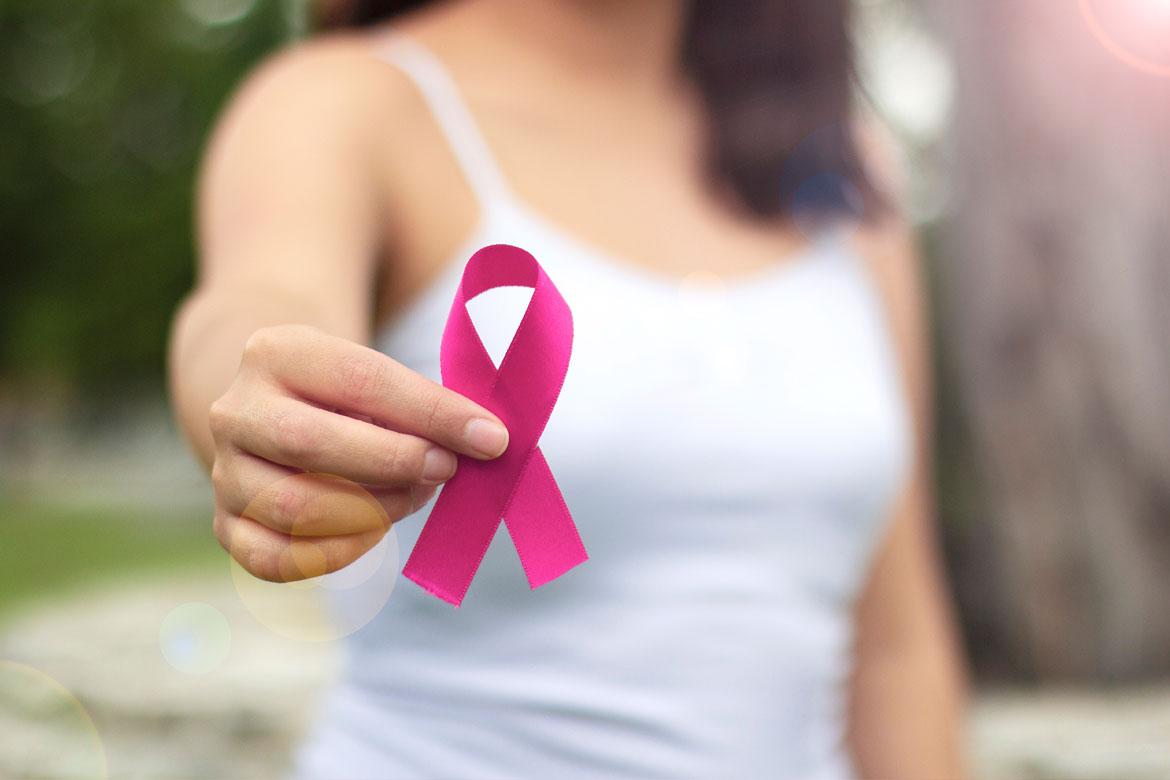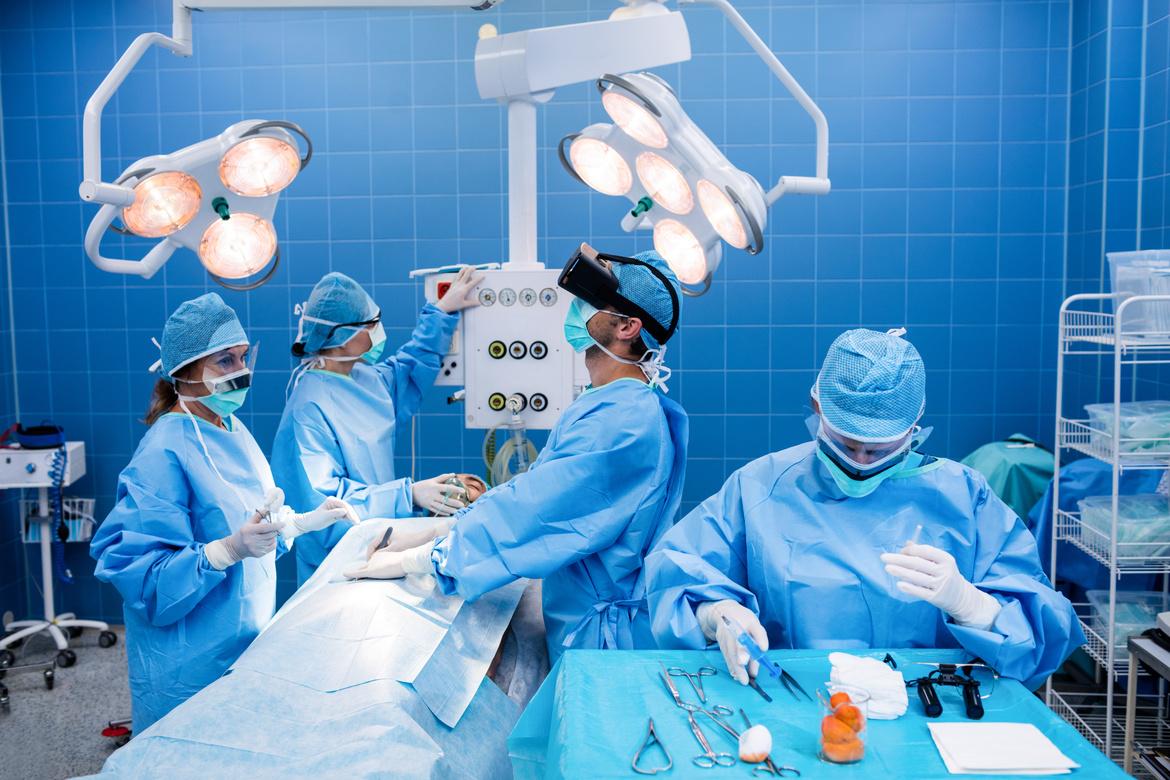
Gall Bladder Cancer
What is gall bladder cancer?
Gall bladder cancer occurs when cells in the mucosal layer of the gall bladder grow abnormally, forming a growth or tumour that is malignant (cancerous).
The gall bladder is a pear-shaped organ located under the liver, and its function is to store bile, a liquid produced by the liver to help digest fat. Bile travels through a tube called the common bile duct, which connects your gall bladder to your small intestine.
Gall bladder cancer is difficult to diagnose and often detected by chance or when it has already progressed to a late stage. It can spread to other parts of the body to nearby tissues, through the lymphatic system or the blood's circulatory system.
Gall bladder cancer is relatively rare in Singapore, occurring in 1.7 out of every 100,000 people.
What are the symptoms of gall bladder cancer?
Symptoms of gall bladder cancer are similar to other less serious conditions. They include:
- Jaundice (yellowing of the skin and whites of the eyes)
- Abdominal pain
- Nausea and vomiting
- Fever
- Bloating
- Lumps in the abdomen
- Itching skin
- Urine that is darker than usual
- Stools that are paler than usual
- Loss of appetite
- Unintended or unexplained weight loss
Symptoms of end stage gall bladder cancer
If the gall bladder has reached at advanced stage, the following symptoms may be more severe:
- Jaundice
- Abdominal pain, often in the upper right area of the abdomen
- Nausea and vomiting
What causes gall bladder cancer?
It is unclear what causes cells in the gall bladder to become cancerous. However, there are some factors that may increase your risk.
What are the risk factors for gall bladder cancer?
Gall bladder cancer is more common in women and older persons, with most cases being diagnosed above the age of 75.
You may be more likely to get gall bladder cancer if you have:
- Gallstones
- Cysts in the bile duct
- Family history of gall bladder cancer
- Chronic inflammation, infection or polyps in the gall bladder
- Primary sclerosing cholangitis (PSC)
- Obesity
- Salmonella infection
The following lifestyle factors may also increase your risk:
- Smoking, which increases your risk for all types of cancer
- Exposure to certain chemicals
How do you prevent gall bladder cancer?
There is no specific way to prevent gall bladder cancer, but you can reduce your risk by making adjustments to your lifestyle.
- Quit smoking
- Maintain a healthy body weight
- Be physically active
- Eat more whole foods such as fruits, vegetables and whole grains and limit red meat, processed foods and sugary drinks
- Abstain from alcohol or limit your intake
This page has been reviewed by our medical content reviewers.
Need help?
For enquiries, please call
+65 6250 0000 (Orchard) or +65 6898 6898 (Novena)
For appointment bookings, please WhatsApp
+65 8111 7777 (Orchard) or +65 8111 5777 (Novena)
 Brain & Spine Care
Brain & Spine Care







